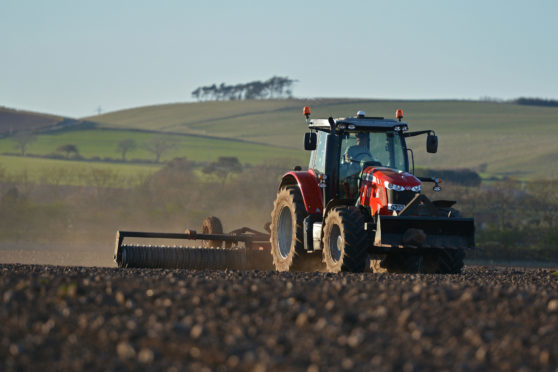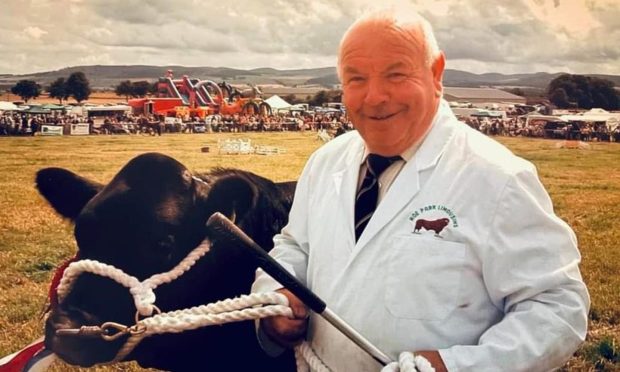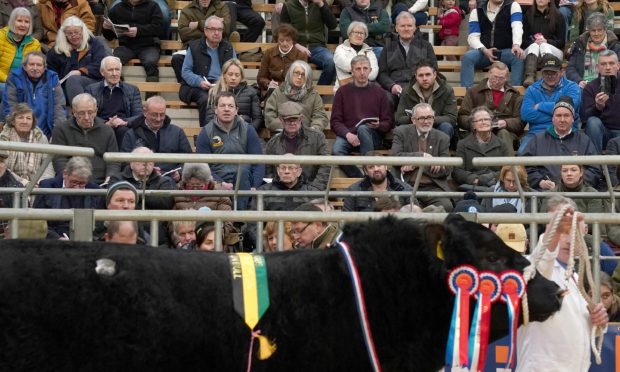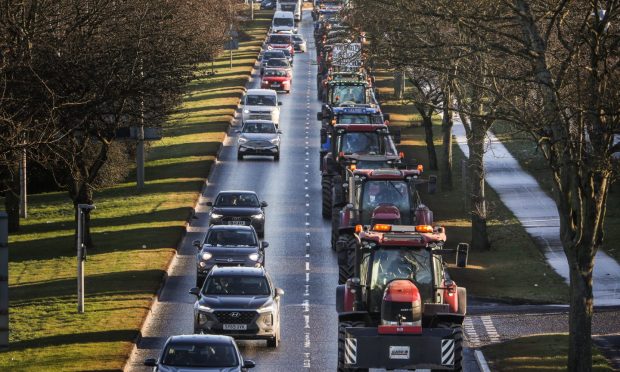The impact of last autumn’s challenging weather conditions on Scotland’s arable farmers has been confirmed by official government statistics which show the area of winter-sown cereals dropped by 11% in the year to December 2017.
The winter barley area, at 42,000 ha, was down 20% on 2016 and the lowest since the 1970s, while winter wheat showed a reduction of 11% on the year. There were also reductions in the area planted with oats and oilseed rape.
It is expected low areas of winter-sown crops will be made up for by higher spring plantings, but the AHDB’s cereals and oilseeds expert, Gavin Dick, pointed out that the impact of the reduction in winter barley would be felt for many years to come, as rotations have been knocked out of synch.
However he pointed out that the unplanned change to spring plantings was not all bad news.
“A number of growers were quite relaxed about a reduced autumn-drilled area as new spring barley varieties such as Laureate are offering significant yield increases over previous spring varieties and when combined with malting premiums gross margins are on a par with winter wheat,” he said.
“The issue will be the availability of spring seed due to extra demand and quality issues caused by last year’s difficult harvest.”
nnicolson@thecourier.co.uk










